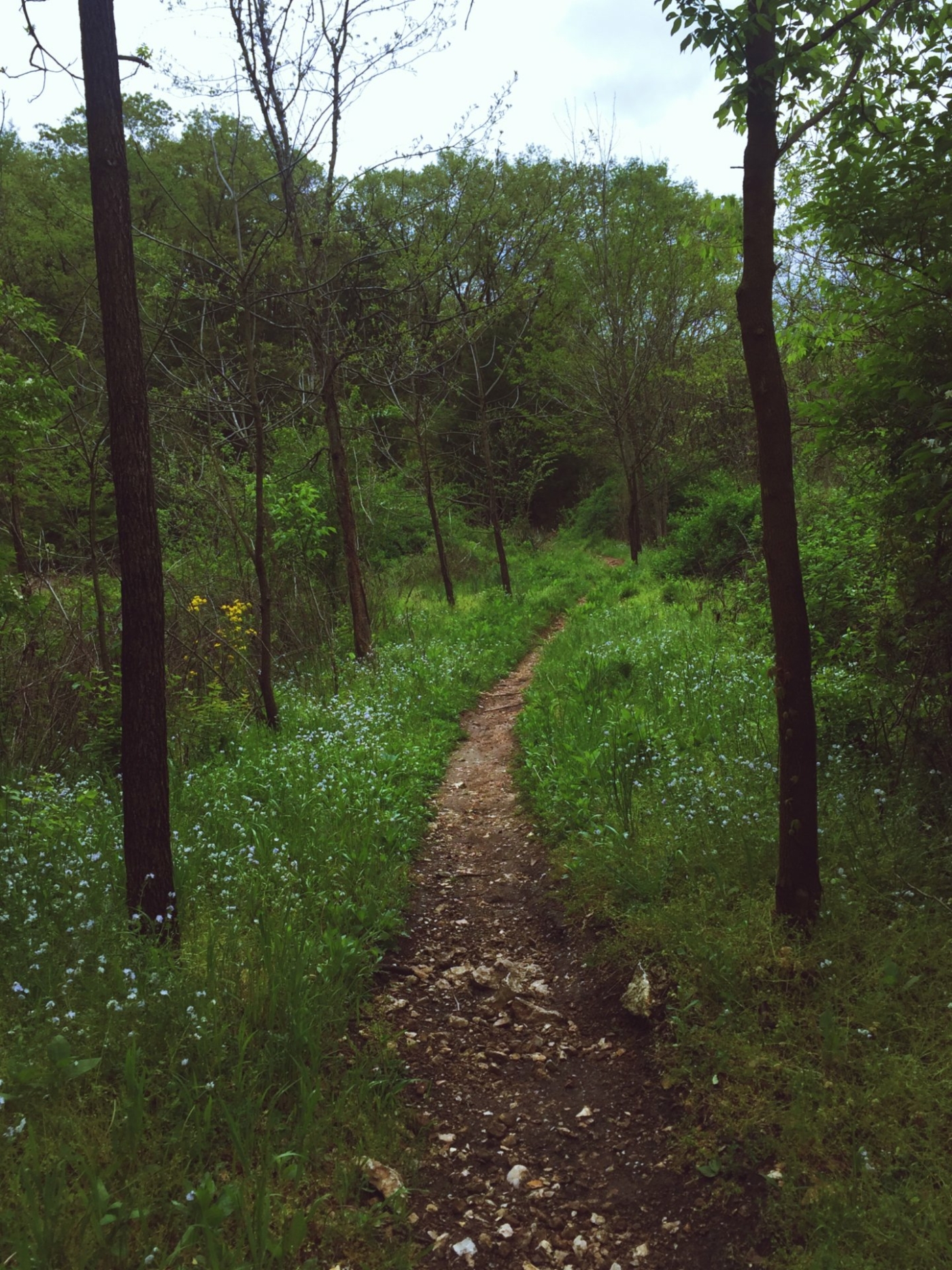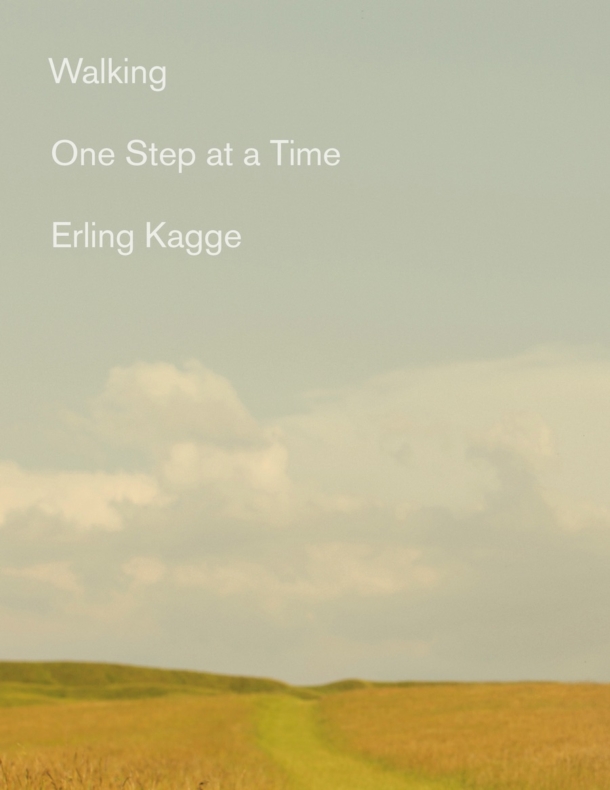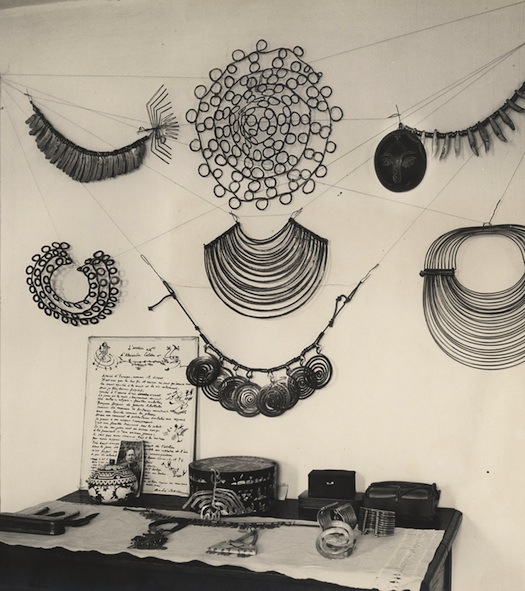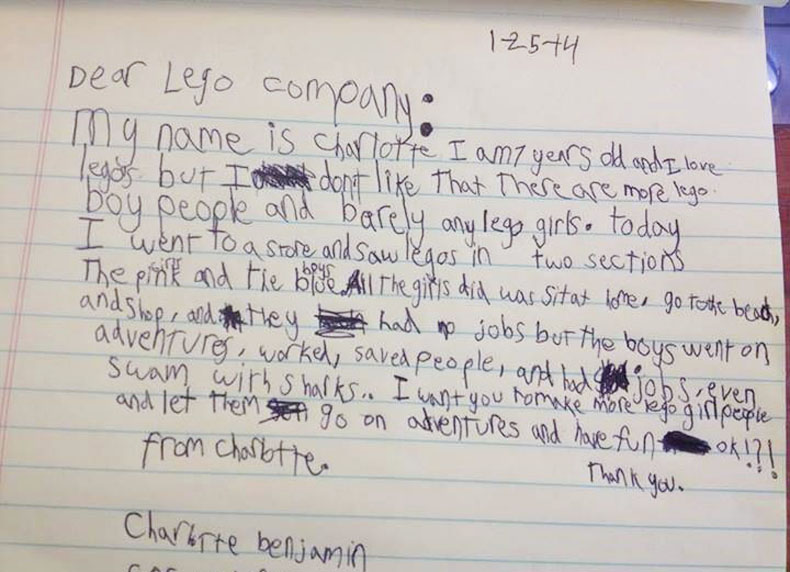“The pace we choose when we walk can be decisive for how we think”, writes explorer and philospher Erling Kagge in Walking One Step at a Time. Apply it more broadly and it becomes a startling life principle: The speed we choose to do something determines how we think, formulate ideas and connections, process emotions. Kagge quotes a remarkable equation in Mlian Kundera’s novel Slowness:
There is a secret bond between slowness and memory, between speed and forgetting…
…The degree of slowness is directly proportional to the intensity of memory; the degree of speed is directly proportional to the intensity of forgetting.
Substituting “memory” in Kundera’s equation with “intelligence” and then “emotions”, Kagge realizes just how much speed exerts control on our experience:
“When I walk with a fast pace it feels like many emotions are held at a distance and when I slow down they return.”
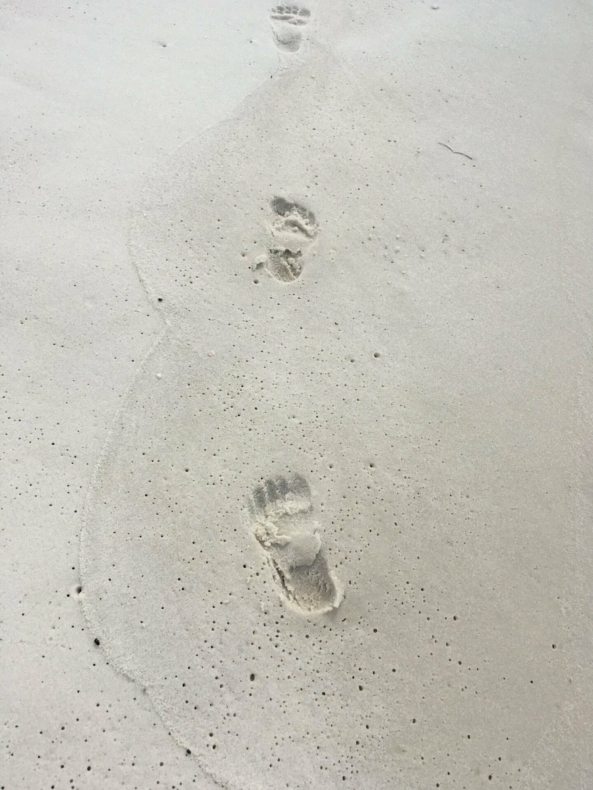
Speed, he realizes, determines our perception of time, as well. When in a car driving, “life is curtailed; it gets shorter. You don’t notice the wind, the smells, the weather, nor the shifting light…Everything becomes one big blur. ” But when walking the same route, you are able to notice small details: “— the day becomes something else entirely… Time stretches out, independent of minutes and hours.”
Time passes more quickly when I increase the speed of travel. My speed and time accelerate in parallel. It is as if the duration of a single hour becomes less than a clock-hour. When I am in a rush, I hardly pay attention to anything at all.

Some of my most memorable drives from Pittsburgh to the ramp supper in Helvetia, West Virginia were with a friend who loved to take back roads, driving 20 or so miles an hour, meandering through countryside and towns, smelling the scent of apple blossoms, wood smoke and leaves, stopping frequently to explore and look around. Deliberate, unhurried, stress-free, we felt the slow transition from busy city to remote Swiss town in the Appalachians. We’d take all day to travel what would take only three and a half hours by interstate.
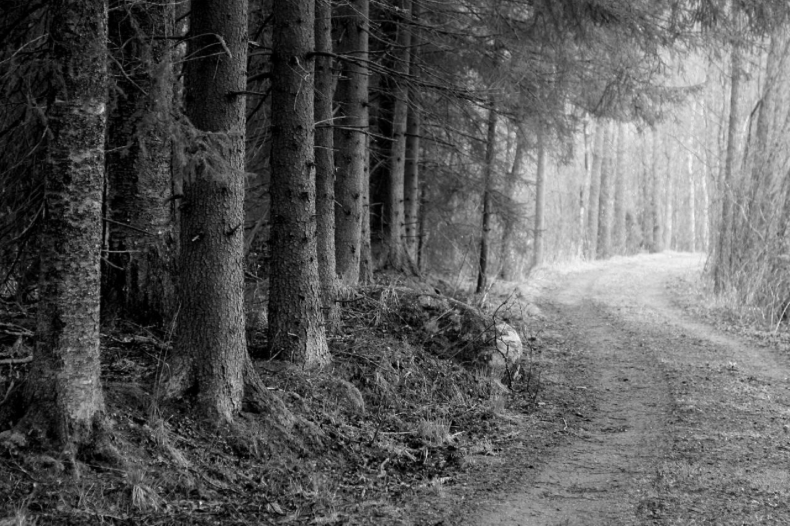
It reminds me of Buffer founder Leo Widrich’s description of how practicing deliberate slowness in times of high stress yields feelings of happiness and gratitude. He uses a simple technique called the Speed Exercise he learned from Paulo Coelho’s book The Pilgrimage: A Contemporary Quest for Ancient Wisdom::
It is very simple. You pick a route to walk and you walk at half the speed that you normally do. You do this for 20 minutes.
Doing this exercise was very difficult for me at first. In such a busy place like Hong Kong, where everyone is rushing through the streets, you get a lot of impulses to just speed up again. But after the first five minutes I was ok and in a good rhythm.
And after those five minutes, things changed a lot. I started to look around. I started to see things I have never seen before—small side streets where people where finishing their day’s of work, piling boxes on top of each other, loading them on a dirty truck. A woman greeting a man with a great smile, waiting for him to cross the street at a red light. It was a different smile again. That kind of smile when meeting someone you really like is just seconds away. Then I saw two people, both seemed to have just started their night shift as security guards, chatting and laughing away as if they were at a party.
Everything seemed different during those 20 minutes. I could feel my head getting a lot heavier and then all of a sudden lighter. As if every step made me lose a few pounds.
I felt extremely happy.
Until I read Walking One Step at a Time, I hadn’t quite realized just how much the speed at which we move informs our experience, and just how powerful and rich with possibility the simple act of walking is…
And this is precisely the secret held by all those who go by foot: life is prolonged when you walk. Walking expands time rather than collapses it.
With thanks to Susan Dworski for sending this marvelous book my way.
Related Posts

